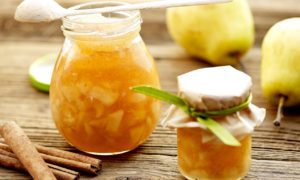Organic food processing
- Home
- Organic food processing

Organic foods are minimally processed without artificial ingredients or synthetic preservatives to maintain the integrity of the product that began with practices on the farm. For example, the use of GMOs is prohibited during the production and processing of certified organic products. A rigorous certification process, including periodic testing, is required. Also, irradiation is prohibited in organic processing.
Organic food must be processed in an operation that has been certified to organic standards, with special steps taken to make sure the organic ingredients are not co-mingled or contamined with non+organic materials.
In 2007 the EU Regulation (EC) 834/2007 introduced principles and criteria for organic food processing. Processing methods should be mechanical, physical or biological (such as fermentation and smoking) and minimize the use of non-agricultural ingredients and additives as listed in Annexes.
Serbian regulation of organic processing
National organic standards set out the methods, practices and substances used in producing and handling crops, livestock and processed agricultural products.The standards include a national list of approved synthetic and prohibited non-synthetic substances, not only for organic production but also for processing.
In 2011 Rulebook on control and certication in organic production and on organic production methods (RS Ofcial Gazette mo 48/2011) introduced princples and criteria for organic food processing.




